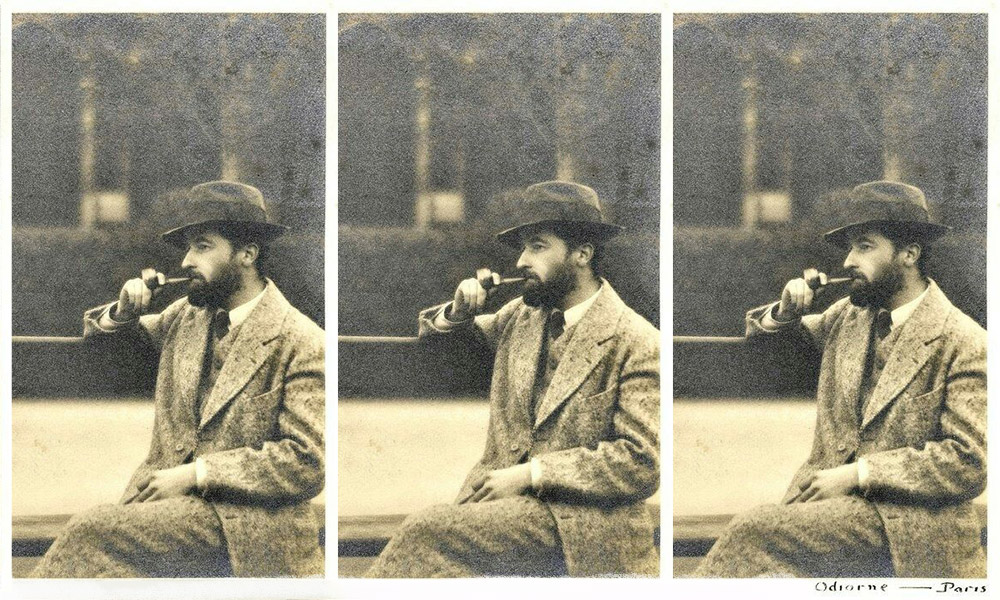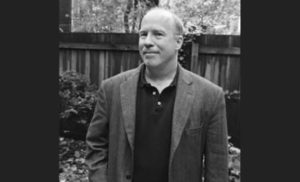Writing Race: Faulkner and His Progeny

Professor's Welcome
Welcome:
 The English Department welcomes you to “Writing Race: Faulkner and his Progeny,” and I look forward to meeting you via Zoom on the first Wednesday of the month.
The English Department welcomes you to “Writing Race: Faulkner and his Progeny,” and I look forward to meeting you via Zoom on the first Wednesday of the month.
—Mark Danner
Course Description
“The past is never dead,” Faulkner famously said. “It is not even past.” In our time of racial turmoil, few High Modernist writers feel more contemporary. Faulkner managed to construct in Yoknapatawpha County a second reality where the country’s racial present and past are enacted and re-enacted in painful and often brutal detail. His intricate portrait of a land bound together and ripped apart by the fallen inheritance of race has never seemed more startlingly present. We will explore this foundational American writer, seeking to understand what makes his work so vibrant, then consider his influence on Flannery O’Connor.
Monthly Readings
OCTOBER
Reading:
- William Faulkner, “That Evening Sun,” “Dry September,” “Red Leaves“
Meeting:
October 6th at 6 p.m.
Discussion Questions:
- In “That Evening Sun,” whose point of view are we seeing through and why is this important? How does it both limit and deepen the reader’s understanding?
- In “Dry September,” what role does Hawk the barber play in the proceedings and what is he doing in the story? Is he right to cast doubt on what actually took place?
- In “Red Leaves,” what does the title mean? What is Faulkner telling us about declining and rising cultures?
NOVEMBER
Reading:
- William Faulkner, The Unvanquished
Meeting:
November 3rd at 6 p.m.
Discussion Questions:
- How does the point of view from which the story is told play into the novel, particularly in the early chapters?
- How would you characterize the relationship between the blacks and the whites in the novel?
- What is the significance of the title, particularly given the final chapter?
DECEMBER
Reading:
-
Flannery O’Connor, “Everything That Rises Must Converge” and “The Geranium”
Meeting:
December 1st at 6 p.m.
